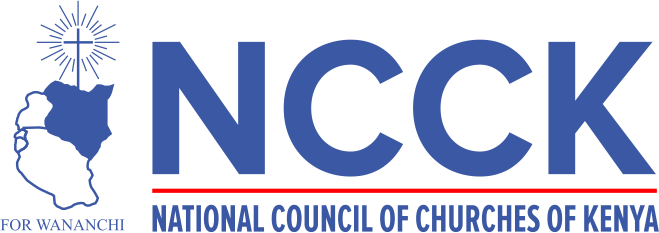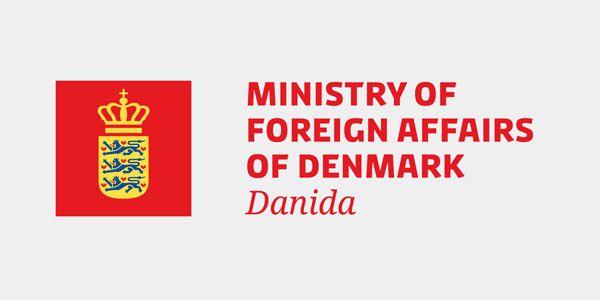The Issue
Baringo and Elgeyo Marakwet counties in Kenya experience challenges ranging from inaccessible quality health and education services, negative effects of climate change, conflict and insecurity. Some of the problems are attributed to poor governance, inadequate disbursement of national funds to respective county governments, and low public involvement in key decision-making processes.
Further, there have been delayed disbursements to county governments affecting development projects across the country, minimal prioritization of such projects by duty bearers, and inadequate participation and demand for accountability by right holders. A combination of these factors has led projects stalling, poor delivery of services, and a general decline in the quality of life.
The negative effects are felt amongst communities in the counties, more so due to the compounded effects of climate change and insufficient planning with a focus on climate change adaptation and mitigation initiatives. The climate change manifestations are decreased rainfall amounts, erratic and unreliable rains, increasing temperature, and increased frequency of droughts and floods over time.
The causes of these phenomenon are associated with human activities such as deforestation, charcoal burning, overstocking, inadequate conservation of soil and water, and massive deforestation in the county as well as other counties that serve as catchment areas for the region. These activities have resulted in the drying of wells and rivers; frequent droughts and floods; erratic and unreliable rains; soil degradation causing the formation of deep gullies; the emergence of new diseases and pests.
The Project
In recognition of the huge impact of climate change, lack of responsive budget making, lack of transparency and accountability in the use of public resources, DCA partnered with the National Council of Churches in Kenya (NCCK) to implement the Uwajibikaji na Maendeleo (Accountability for development) project.
The project, which was implemented between January 2023 – December 2024, aimed at enhancing communities and rights holders’ capacity for accountability and advocacy, particularly on issues related to climate change and disaster risk reduction. The project built on a previous intervention implemented by NCCK and funded by Danida through DCA.
The Change
As a result of the project, the capacity of individuals and communities in Baringo and Elgeyo Marakwet to plan, develop and implement local Disaster Risk Reduction (DRR) and climate resilient interventions were strengthened.
Further, NCCK led eight structured advocacy forums and engagements between right holders and duty bearers at county and national levels on climate change, DRR, and emerging community felt needs and priorities.
The Partner
NCCK is a membership organization that brings together 29 Protestant Member Churches and 18 Christian-based organizations in Kenya. It was founded in 1913 to provide churches with a common platform for addressing issues facing the Kenyan citizenry.
NCCK has a presence across Kenya, with fully staffed secretariats in nine regions. The Council has a very strong grassroots structure comprised of designated project staff, religious leaders, youth, women, and persons with disability representatives together with community resource persons (organizers and champions), who are directly involved in the implementation of the project.
In the past few years, NCCK has implemented interventions on climate change governance in the two target counties focused on building the capacity of community members to participate in governance processes, advocating and championing local initiatives, implementing saving lives activities through cash transfers to vulnerable households, and improving livelihoods of community members by giving farm inputs for agricultural purposes.

About the project
Exact/full title: Uwajibikaji na Maendeleo (Accountability for development).
Period: January 2023 – December 2024
Partner: NCCK
Amount: DKK 1,542, 056
Donor(s): Danida


